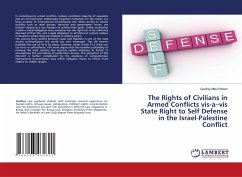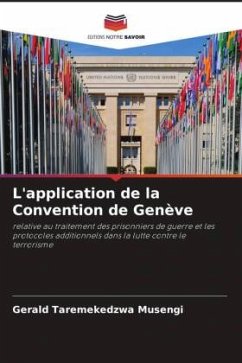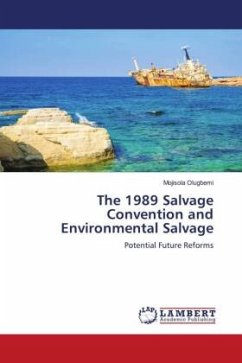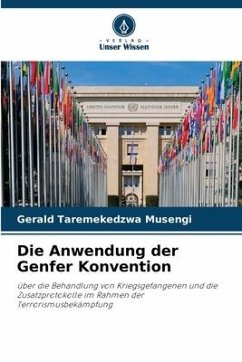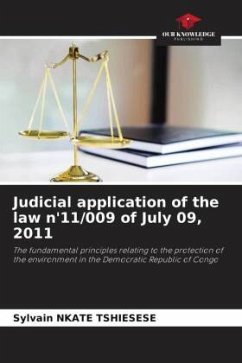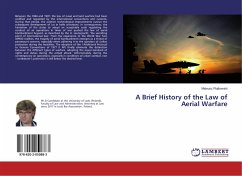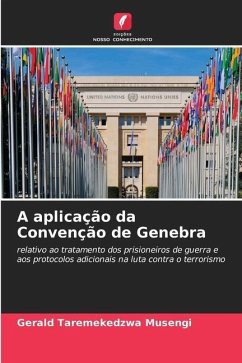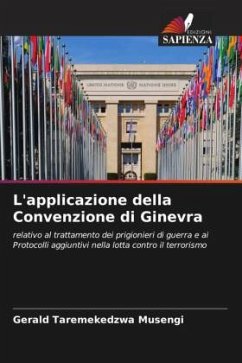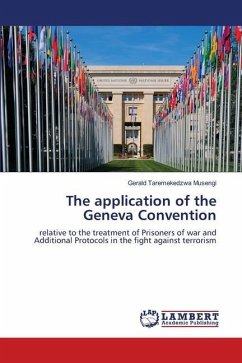
The application of the Geneva Convention
relative to the treatment of Prisoners of war and Additional Protocols in the fight against terrorism
Versandkostenfrei!
Versandfertig in 6-10 Tagen
29,99 €
inkl. MwSt.

PAYBACK Punkte
15 °P sammeln!
This book interrogates the application of the Geneva Convention relative to the treatment of Prisoners of war & Additional Protocols in the fight against terrorism. It assesses the history and philosophy behind the rights afforded to detained combatants. This work delves into whether International Law (GCIII) currently affords rights to detained terrorists. Furthermore, it will interpret the provisions of GC III and the additional protocols in an effort to unveil the grey areas available, with regard to rights afforded to detained terrorists. It provides answers as to why States are reluctant ...
This book interrogates the application of the Geneva Convention relative to the treatment of Prisoners of war & Additional Protocols in the fight against terrorism. It assesses the history and philosophy behind the rights afforded to detained combatants. This work delves into whether International Law (GCIII) currently affords rights to detained terrorists. Furthermore, it will interpret the provisions of GC III and the additional protocols in an effort to unveil the grey areas available, with regard to rights afforded to detained terrorists. It provides answers as to why States are reluctant to clearly establish a recognised international law status for captured terrorists. The article assesses what terrorism entails and the difficulties that are inherently tied to the term, when one tries to protect them from inhumane treatment behind enemy lines. It investigates how other States have dealt with terrorist detainees; whether States that seize terrorists have an obligation to apply GC III, and whether terrorist philosophy integrates International Humanitarian Law values. Finally, the article makes conclusions, determinations and recommendations, etc.



